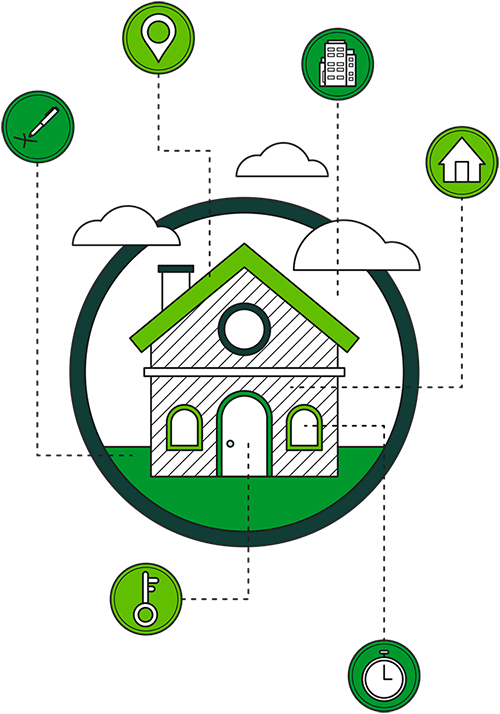Awarded #1 in customer satisfaction by J.D. Power, Fairway Independent Mortgage makes homebuying straightforward and stress-free. As a Top Lender In Massachusetts, we offer competitive mortgage rates and diverse home loan options.
Our personalized service sets us apart. From application and mortgage preapproval to understanding how much house you can afford, our team guides you every step of the way. We're even available on weekends to ensure you're fully informed before making an offer.
Choose Fairway as more than your lender - we're your lifelong homebuying partner. Start your journey to homeownership with us. Contact Fairway Now and discover how we can help turn your dream home into a reality. Your future home awaits!

Customer service is our top priority. We are dedicated to finding the best mortgage rates for you and offer some of the fastest turn times in the mortgage industry but don't just take our word for it...
We understand mortgages can be complicated. We make that our problem, not yours. Let our team review your situation and tailor the best applicable loan program to suit your specific needs. More than just a rate, our loan officers want to remove the guesswork and make you feel confident about your future.
